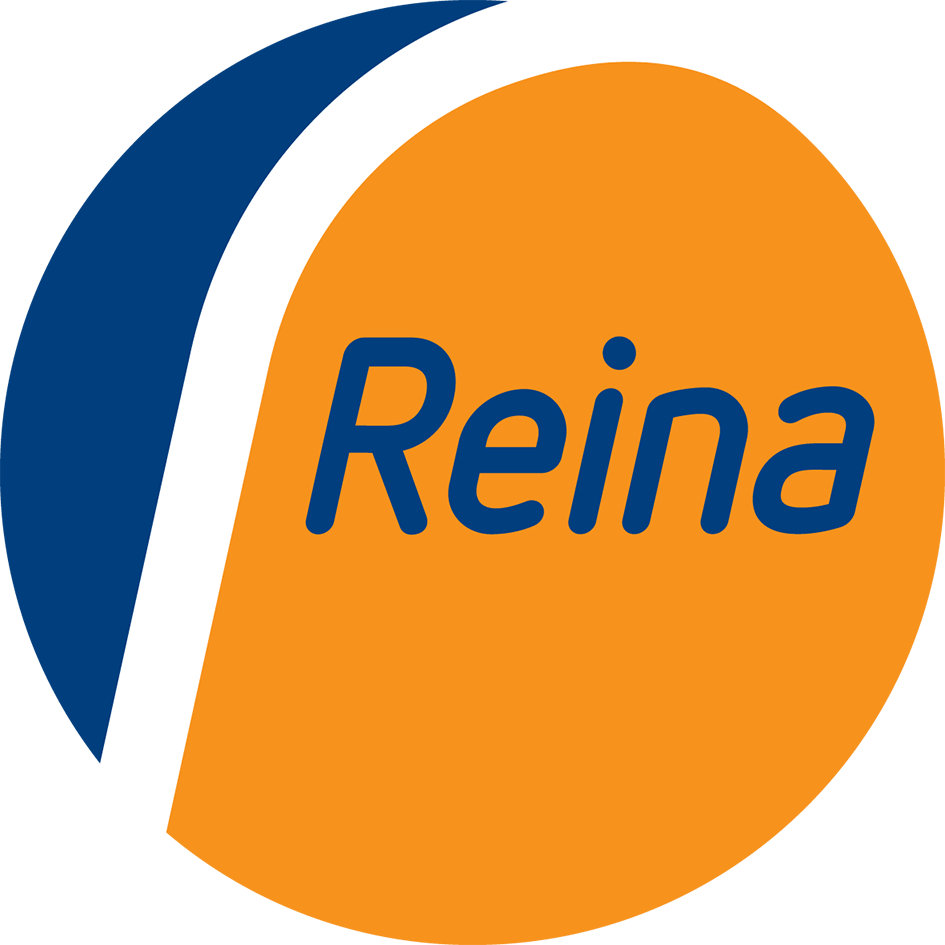New financial packages could remove cost barrier for low carbon heating
New research published at the beginning of this year suggests that allowing third parties to finance low-carbon heating systems could increase the annual installations from less than 30,000 to 100,000 units. Delta Energy and Environment (Delta-ee) conducted a study of homeowners in the UK. They found that 40% of homeowners would rather use third-party finance to install low carbon technologies (air and ground source heat pumps, hybrid heat pumps, biomass boilers and solar thermal) than pay upfront. The third party could be a person, organisation or community group that is neither the homeowner nor the scheme administrator.
Steven Ashurst, Senior Analyst and Research Manager of Delta-ee’s Microgen Insight Service commented: “Customers have shown that they are attracted to this kind of innovation, it’s clear that third party finance will be a catalyst for growth. It will require a lot of coordination from the supply chain to get the customer proposition right, but the effort is likely to pay off”.
Although low carbon heating saves homeowners money in the long run, and the RHI could enable them to recoup the costs of installation, the high upfront cost can be a barrier. In a new build project the cost of renewable heating can be factored into the built costs. However, for retrofit projects if consumers don’t have access to savings they need to take out a loan or extend their mortgage to pay for the heating system.
Delta-ee evaluated customer demand for a range of finance options including:
• product for free – this is where the customer pays nothing upfront and forfeits the financial benefits, i.e. the RHI, to the third party.
• leasing/rental
• interest free loan
• low interest loan
• payment tariffs, such as RHI
The product for free option was the most popular, with 14% of the sample stating that they would be ‘very likely’ to use this form of financing. The least favoured option was the low interest loan with an uptake rate of 8%. A 14% uptake would equate to well over 100,000 additional low carbon heating installations per year.
The Department of Energy & Climate Change is currently looking into the option to open up the RHI scheme to allow third parties to finance the renewable heating technology via the product for free method. Under these plans, the third party would receive the RHI payments, rather than the householder who, in return, would benefit from the new heating system without having to pay for the installation. Depending on the installation costs, the RHI payments over the seven years would cover those costs and the third party would get their money back.
The RHI was devised to encourage the uptake of renewable heating. Removing the initial costs could significantly increase the number of installations while increased installation volumes and competition could lower the cost of installation. The government isn’t able to quantify this at the moment, so they are gathering the evidence needed to effectively develop and implement the policy.
